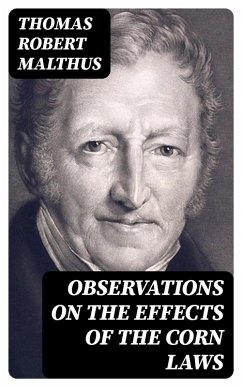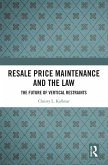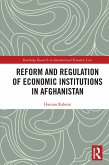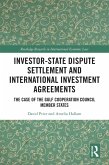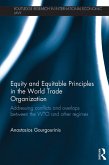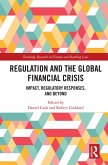Thomas Robert Malthus's "Observations on the Effects of the Corn Laws" probes the intricate relationship between agricultural policy and economic stability in early 19th-century England. Malthus employs a clear and logical literary style, characterized by rigorous argumentation and empirical evidence. Within the context of contemporary debates surrounding protectionist trade measures, he critiques the Corn Laws' detrimental effects on food supply, wage labor, and social equity. His analysis not only elucidates the economic ramifications of these laws but also underscores the moral imperative for a just and equitable society. As an influential economist and demographer, Malthus was profoundly shaped by the tumultuous socio-economic landscape of his time, including the Industrial Revolution and the plight of the working class. His earlier works on population growth laid the groundwork for his critical examination of economic policies and their societal implications. Malthus's intellectual rigor and commitment to social justice drive the compelling thesis of this work, urging policymakers to reconsider the broader impacts of legislation. This book is essential reading for those interested in economic history, political theory, and social justice. Malthus's insights resonate even today, providing a timeless critique of how legislation can affect public welfare. Engage with this pivotal text to understand the foundational arguments that shape contemporary economic discourse.
Dieser Download kann aus rechtlichen Gründen nur mit Rechnungsadresse in A, B, BG, CY, CZ, D, DK, EW, E, FIN, F, GR, H, IRL, I, LT, L, LR, M, NL, PL, P, R, S, SLO, SK ausgeliefert werden.

